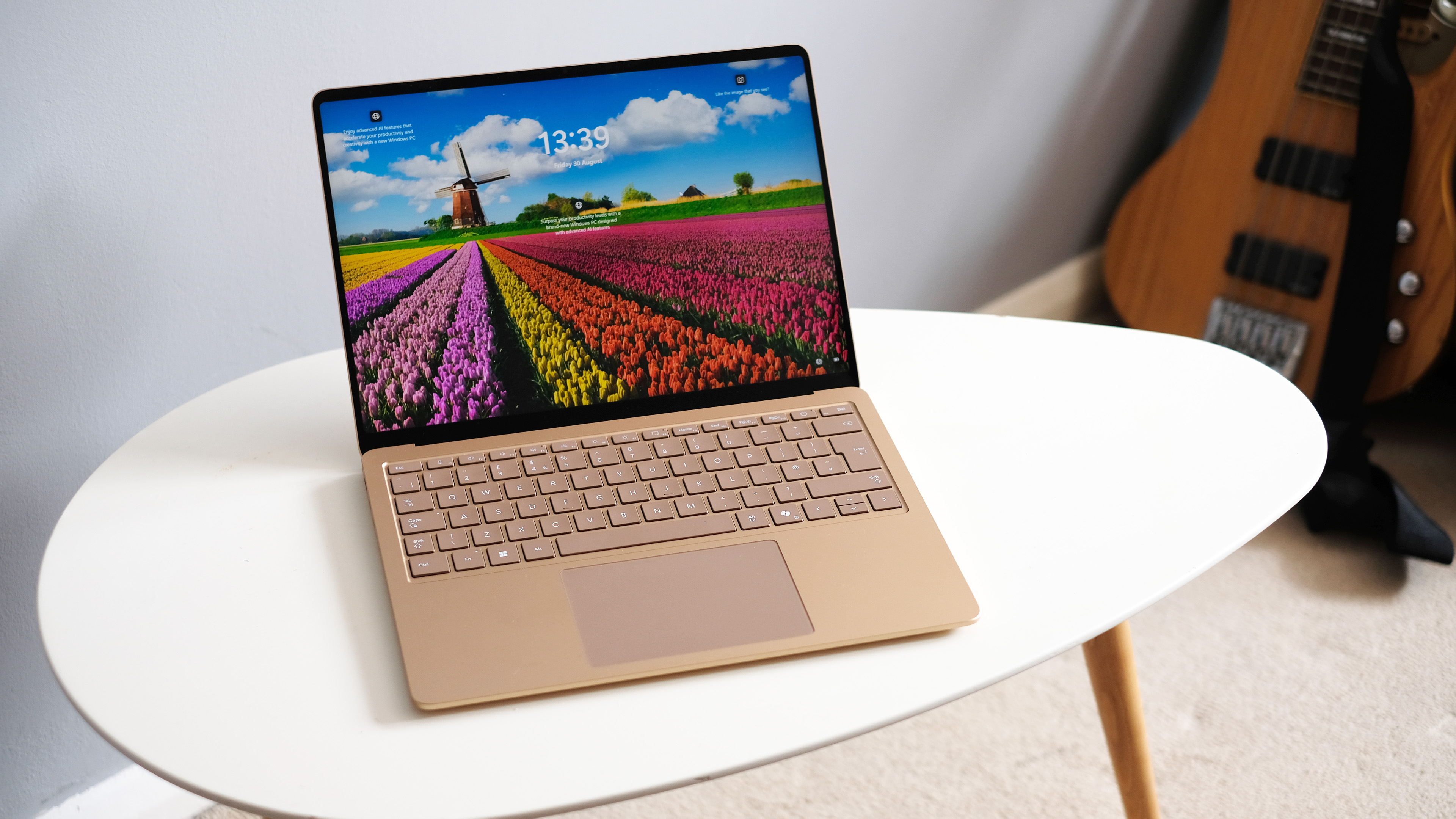

If you're looking for hi-res audio streaming that won't break the bank, Qobuz has been offering it for ages: while the audio firm doesn't have the brand recognition of Spotify it offers a far superior service and has become the go-to streamer for many serious hi-fi owners. And now it's added a bunch of new features to make it even more attractive.
One of the key new features here is important for classical music fans: the classical search results have been dramatically improved, making it much easier to track down specific works such as sonatas, concertos, operas and symphonies by searching composer names and pieces of music. The search works across multiple languages and catalogue numbers.
This is important, because classical music searching and data is a much harder nut to crack than, say, cataloguing Olivia Rodrigo or AC/DC: it's one of the reasons Apple Music Classical isn't part of the main Apple Music app.
The other new features will hopefully bring Qobuz to new audiences. There's now a beta of the Qobuz app for Android TV, and there's a new Qobuz Radio service that creates playlists of up to 30 songs it thinks you're going to like. Personalised radio is a big thing on rival services so it's good to see Qobuz catching up here.
How does Qobuz compare to other streaming services?
Qobuz's key selling point is its high quality audio streaming, which is better than CD quality: it streams FLAC at up to 192kHz / 24-bit quality. And it does that for £12.99 a month, or £10.83 if you pay up-front for a year. There are also duo and family plans so you can share the service with others.
One of the other things that differentiates Qobuz is that it also encourages you to buy music rather than just rent it. And as part of that, the service has overhauled its payment system to make buying hi-res downloads much easier and faster by securely storing your bank details for purchasing.
I like Qobuz a lot: unlike some streamers it feels to me like it actually loves music, rather than hoping for AI to get good enough for it to get rid of the humans altogether. And it's a pure music play: you're not being asked to pay more each month so that the streamer can pay celebrity podcasters to produce content you won't listen to. If you have good quality speakers or some of the best headphones, its hi-res audio is a lot of fun.
Sign up to the T3 newsletter for smarter living straight to your inbox
Get all the latest news, reviews, deals and buying guides on gorgeous tech, home and active products from the T3 experts
Writer, musician and broadcaster Carrie Marshall has been covering technology since 1998 and is particularly interested in how tech can help us live our best lives. Her CV is a who’s who of magazines, newspapers, websites and radio programmes ranging from T3, Techradar and MacFormat to the BBC, Sunday Post and People’s Friend. Carrie has written more than a dozen books, ghost-wrote two more and co-wrote seven more books and a Radio 2 documentary series; her memoir, Carrie Kills A Man, was shortlisted for the British Book Awards. When she’s not scribbling, Carrie is the singer in Glaswegian rock band Unquiet Mind (unquietmindmusic).
-
 I tried a Snapdragon feature that's a game-changer for Netflix, Amazon and more
I tried a Snapdragon feature that's a game-changer for Netflix, Amazon and moreMoises Live can isolate and enhance audio in real-time using the Elite X's NPU
By Mike Lowe
-
 Under Armour's new sneaker doesn't play by the old rules
Under Armour's new sneaker doesn't play by the old rulesIf this is the future of the brand, it's off to a running start
By Matt Kollat